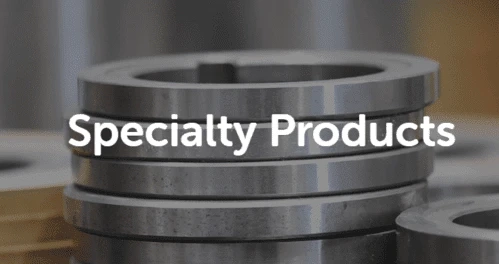The Best Speciality Bolts to Use For Your Project
There are many different bolts out there, and it can be hard to know which one to use for your project. Speciality bolts are designed ...

There are many different bolts out there, and it can be hard to know which one to use for your project. Speciality bolts are designed ...
